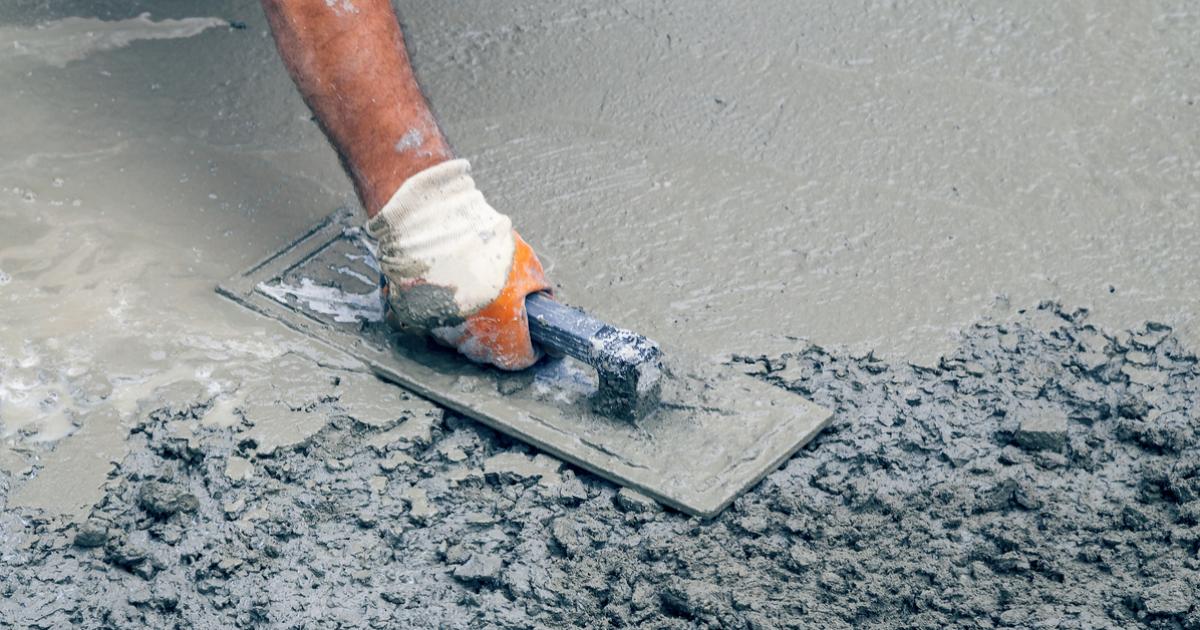Concrete is a highly versatile building material. From foundations to slabs, columns and beams, it can be used in almost every aspect of construction imaginable – foundations to slabs. Furthermore, it is safer than wood due to its resistance against extreme weather conditions.
Chemical admixtures may be added to concrete mixes in order to alter their properties, including accelerators for speedier setting times, retarders to postpone set-up time, and superplasticizers that reduce water content.
It is a building material
Concrete house slabs Melbourne is an increasingly popular construction material used to construct various buildings and structures due to its versatility, durability, and strength. Concrete’s resilience against erosion, tension and compressive stresses as well as fireproof properties makes it one of the world’s favorite building materials.
Concrete can be formed into almost any shape, making it an excellent material to use when creating gardens and home ornaments such as fountains, gnomes and statues. Furthermore, it makes an excellent parking lot surface as it resists corrosion while remaining stable under high temperatures.
Concrete is composed of cement, sand and aggregates in various combinations depending on the needs of a particular project. Admixtures such as accelerators can speed up curing times while simultaneously improving strength-gaining reaction; industrial or recyclable wastes may even be substituted as aggregates to save money and improve environmental sustainability.
It is a road material
Concrete is an excellent material to choose for road and driveway construction because of its durability, cost effectiveness and low maintenance needs. Plus it’s environmentally-friendly! Concrete production takes many forms; pouring, hand applying, spraying or pumping are among the many methods employed by manufacturers and can incorporate fly ash, slag aggregates or natural fiber reinforcement to increase resilience, tensile strength and flexibility of this environmentally-friendly material.
Concrete mixes typically include cement, water and coarse aggregates; air-entraining agents may be added to reduce damage during freeze-thaw cycles and improve durability. Plasticizers can make concrete easier to work with while pumping aids can improve its flowability by reducing separation and bleeding. Grading, shape and proportions of aggregate can also affect its properties.
It is a foundation material
Concrete serves as the basis of most buildings, being poured in wooden frames or masonry blocks for solid foundations that support future building plans. As one of the strongest, most cost-effective, and safest construction materials, concrete offers numerous safety benefits other materials cannot match.
Ready-mix concrete comes in two varieties – ready mix and central mix. While ready mix concrete is produced at local plants and delivered via familiar trucks, central mix concrete production occurs on site with more accuracy, using accelerators to speed the setting process, retarders to slow it down further and superplasticisers to lower its water content.
Concrete has a large thermal mass and stores heat very effectively, helping keep building temperatures more comfortable while saving on energy costs and cooling system needs. Plus, its easy maintenance makes this an economical and sustainable construction material option; other materials require coating or painting regularly for upkeep and preservation.
It is a decorative material
Concrete is a composite material composed of cement paste and aggregates like sand or coarse rock that harden into an inflexible solid structure over time. Its properties depend on how much water has been added during mixing as well as aggregate size and type, as well as any air bubbles created during production.
Concrete can add beauty and value to your home in many different ways. Its rugged texture blends well with different design styles such as modern, industrial and farmhouse; as well as warming mid-tone wood tones and sleek polished brass hardware.
Decorative concrete has become increasingly popular for patios, sidewalks, outdoor seating areas, pool decks and interior flooring applications. It can be stamped with various textures and colors, making it an affordable alternative to more costly materials such as marble. Concrete requires little maintenance – simply periodic washing with soapy water is enough.



